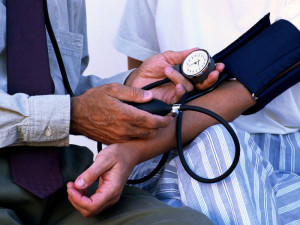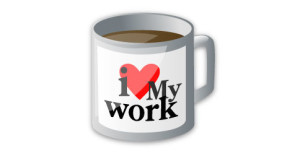As some of you may know, a new definition of hypertension (high blood pressure) was recently proposed by the American Heart Association, the American College of Cardiology, and 9 other sponsoring organizations.
According to the new definition, if one’s resting blood pressure (measured properly) is more than 120/80, it should be considered “elevated.” And if one’s BP is more than 130/80, then the person with that blood pressure should receive a diagnosis of hypertension.
Needless to say, the proposed definition has generated a lot of controversy. If all doctors adopted the new definition, that would create millions of new patients overnight, and a third of American adults would be considered to have a chronic disease!
What’s more, anyone with a blood pressure over 120/80 would be advised to have close medical follow-ups: repeat visits every 3-6 months, according to the new guidelines.Read more



